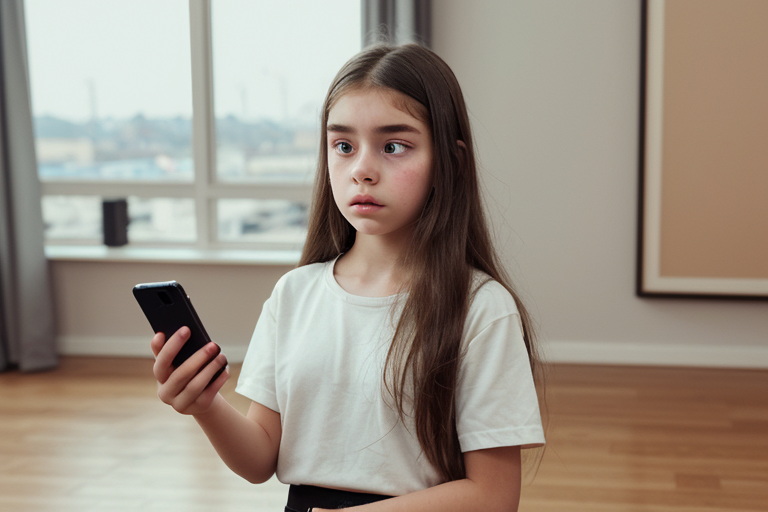In today’s hyper-connected world, social media has woven itself into every corner of our lives. But beneath the glossy feeds and viral trends lies a dark side—one that’s quietly unraveling the mental well-being of countless users, especially our youth. Praetor Tilman, also known as Mother Mayhem, sounds the alarm on this mental mayhem and the need for parents to take a hard look at what their children, particularly daughters, are exposed to online.

For starters, let’s talk about TikTok. With its endless scroll of random, fast-paced videos, TikTok is an addictive playground of distraction. But this entertainment comes at a steep cost. Chinese TikTok, in particular, is designed to hold viewers’ attention and feed them bite-sized pieces of content that often focus on superficial, fleeting trends rather than anything meaningful. For younger users, especially teenage girls, this constant exposure to curated, idealized images fuels unrealistic beauty standards and comparison, breeding a sense of inadequacy that’s hard to shake. TikTok, with its vertical video format, feels like an endless rabbit hole—a trap that’s easy to fall into and very hard to escape.
As for Instagram, it’s best to stick to older versions from 2021 or earlier—when the platform was more about sharing and less about “scroll bait.”
Modern Instagram isn’t much better. Once a place to share photos with friends, the platform has shifted its priorities. The latest versions have adopted a feed that now leans heavily on random, algorithm-driven content, prioritizing attention-grabbing material over meaningful interaction. The heart of Instagram has changed, with more vertical videos and “reels” flooding the space that was once filled with posts from close friends and family. This shift forces young users, especially young girls, to keep up with the relentless tide of short, flashy content rather than connecting genuinely with the people they know. The constant scroll feeds an insatiable need for validation, with likes and views becoming the new currency of self-worth.
The solution? Parents, Tilman urges, need to stay vigilant. If you want to safeguard your daughter’s mental health, consider keeping TikTok off-limits entirely. As for Instagram, it’s best to stick to older versions from 2021 or earlier—when the platform was more about sharing and less about “scroll bait.” These earlier versions may lack the addictive reels and “Explore” tabs but foster a healthier, more controlled social environment.
Research has already linked high social media usage to increased levels of anxiety, depression, and loneliness, particularly in young users. Praetor Tilman highlights how critical it is to limit exposure to platforms engineered to keep kids hooked with endless, random content. The damage goes beyond screen time—our mental health and sense of self are at stake.
So what can parents do?
- Set boundaries around social media use. Limiting access and keeping TikTok off devices altogether can help. For Instagram, research how to revert to older app versions that aren’t loaded with random, algorithm-driven content.
- Encourage alternatives to screen time. Foster interests that involve creativity, exercise, or face-to-face social interaction to balance the draw of social media.
- Engage in open conversations about the impact of social media. Teach kids to be mindful of how apps like TikTok and Instagram are designed to keep them hooked and how this affects their mental health.
The dangers of social media’s modern design are very real, and we must take action. By setting these limits, you’re not being overprotective—you’re being proactive in safeguarding mental health. Let’s not allow these platforms to dictate our children’s self-worth. We have the power to redefine what a healthy digital experience should look like. Praetor Tilman leaves us with a reminder: Good parents protect their children’s minds as much as their physical well-being. Social media should serve our lives, not take control of them.

